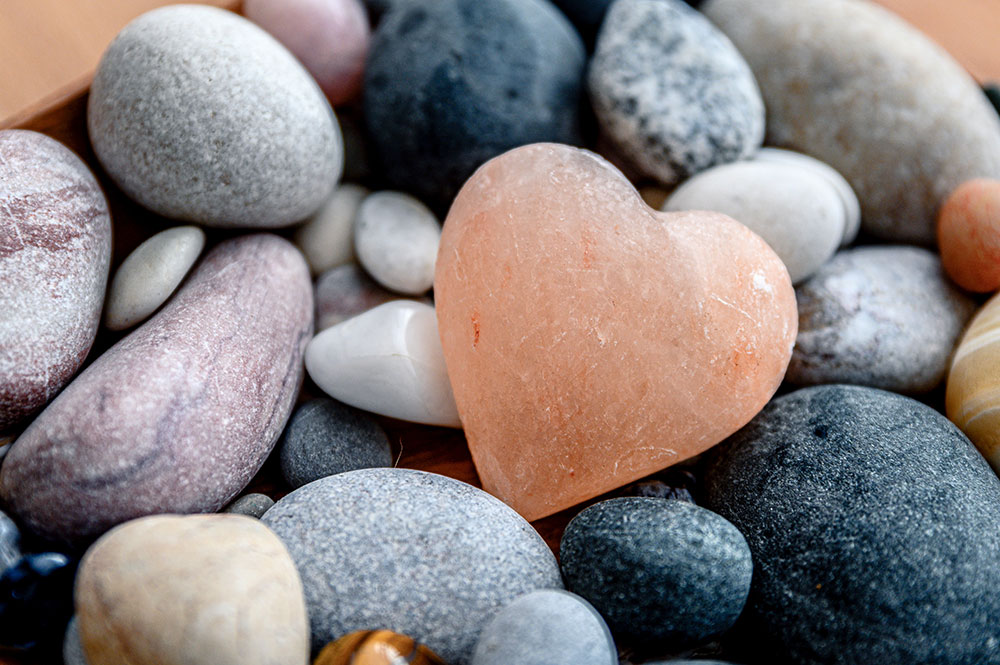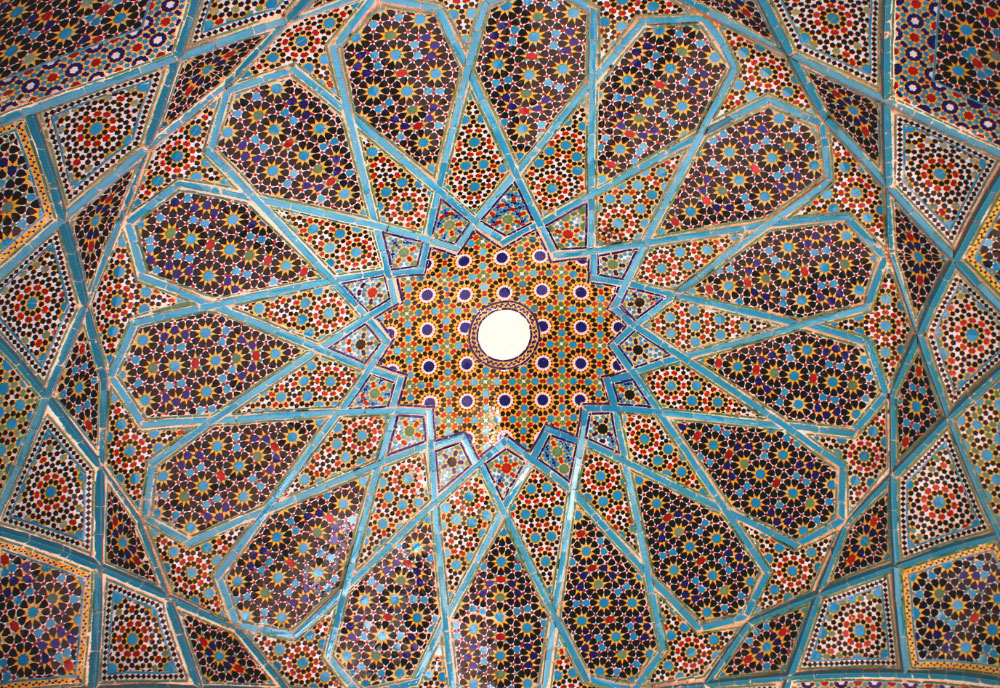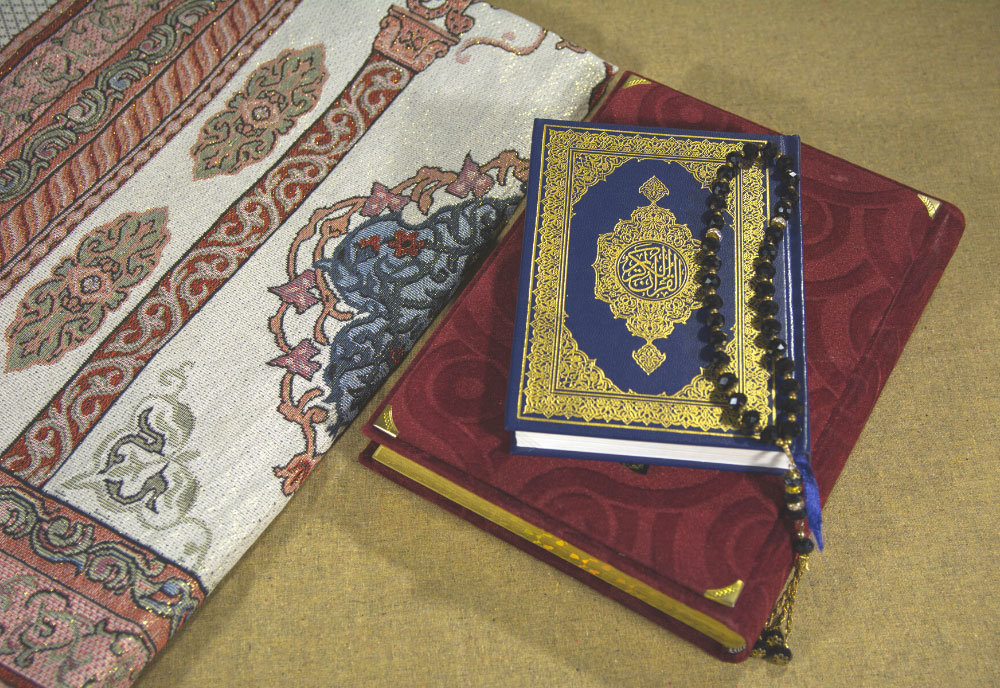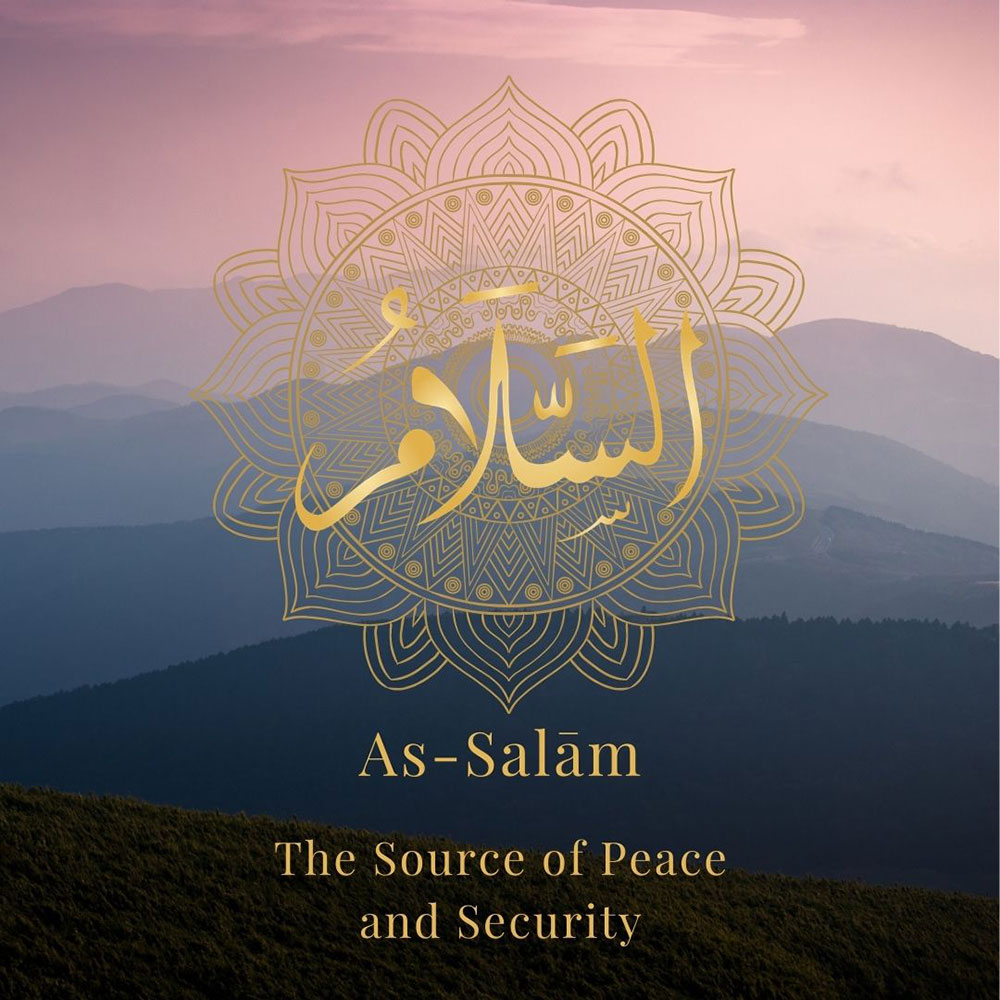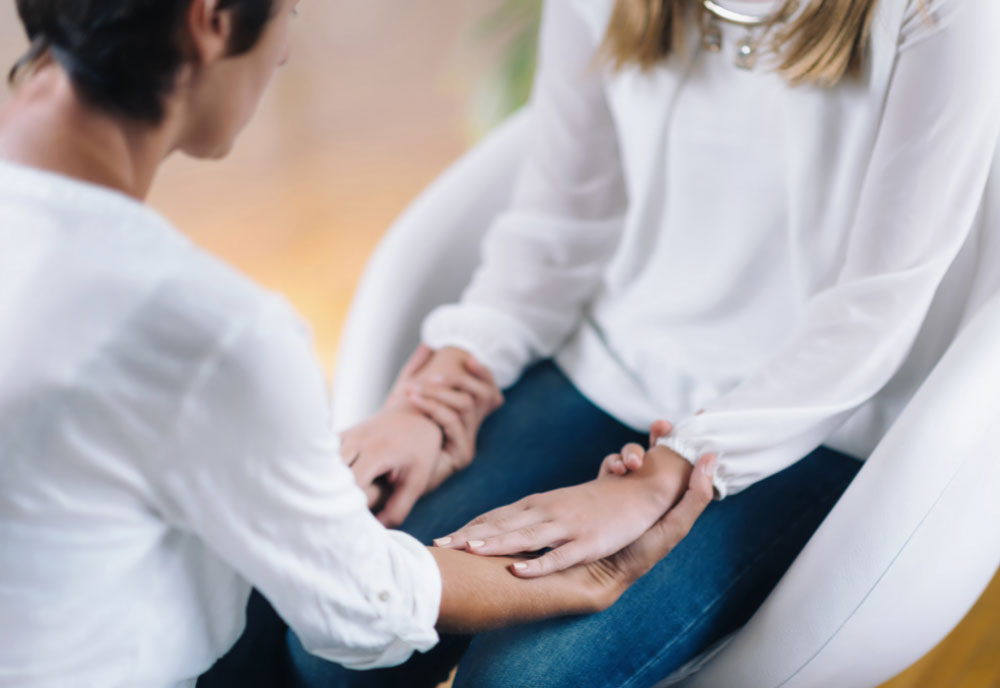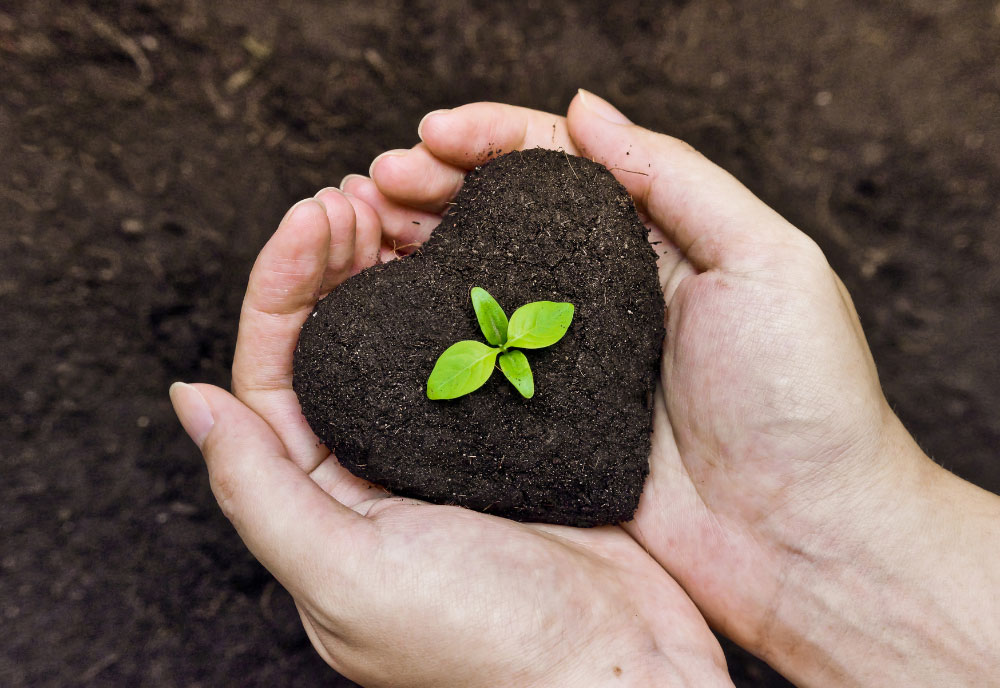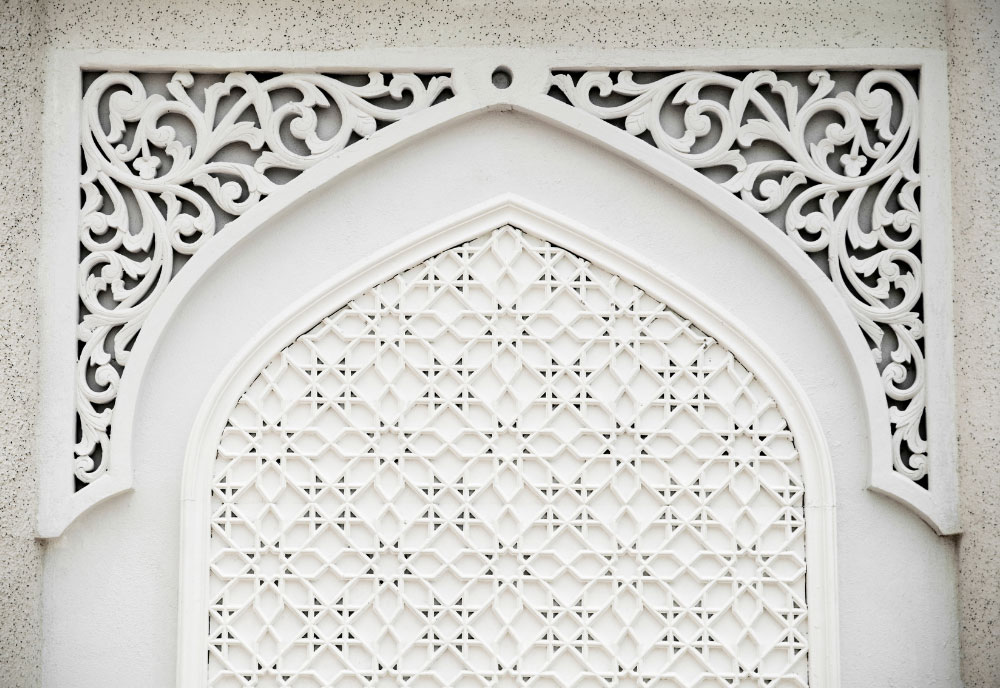Advanced Spiritual Peacemaking
A Level 3 Program
About the Program
Instructors: Nura Laird, John Abd al-Qadir Davies, and Mahabbah Kimberly Young
Sufi Spiritual Peacemaking is established upon the principle that Allah created all of humanity from a single soul to become one family with one father and one mother. In the Qur’an it says,
“Surely We have created you from a man and a woman and made you (diverse) peoples and tribes, so that you might come to know one another.” (Qur’an 49:13)
And yet most of us have no idea how to make this a reality. Even within our own families and close friendships, we often encounter misunderstandings that are sometimes irreconcilable. What does it take for us to live together as brothers and sisters in love and peace?
The core of the peacemaking program is reconciling differences, including those between genders, between cultural and societal traditions, within and between individuals, families and communities at all levels. Inner and outer unity are the ultimate goals of Sufi peacemaking.
Through study, intense personal development and healing, and lots of practice with new skill sets, students come to understand and embody the reality of one family, and learn and develop the character traits of the “ones brought near,” he prophets and saints who have subsistence in Allah.
Our focus is twofold
In this program, we have a dual focus. The first is very personal and begins with yourself. After learning to cultivate peace in your heart, we support you in growing more love and peace in your own home and family, because the real peace begins in the home with family healing. You receive deep personal healing and profound walking through these teachings. Then we expand the focus on forgiveness, reconciliation and conflict transformation between individuals, couples and groups. This is how humanity becomes one family in Allah, swta.
There is absolutely no need for prior training or experience in this field. Our introductory course, Making Peace from the Heart, can give you a taste of our work and is a helpful first step, although not required. All our students begin at the beginning. The skills and knowledge taught here are new for all of us; we are not born knowing how to resolve conflict and create harmony. So, no need for you to feel daunted by inexperience. This program is open to anyone of any faith. Anyone can participate in the peacemaking certification program; however, to receive the Masters of Divinity, you need to have a Bachelor’s Degree and to have completed Levels 1 & 2 of the University of Sufism or its equivalent.
These teachings are practical, grounded, and applicable in any setting
Peacemaking graduates are competent and qualified to give counsel and support to individuals, families and groups, to help them transform conflict and heal their relationships, to live in peace and in proximity with Allah, swta. Some of them develop their own private practice, others incorporate their newfound capability into their personal life and work situations, and others find whole new careers and ways to become a peacemaker in a variety of fields. The astounding transformations we witness within our students and in their lives fill our hearts with gratitude for their beauty and grace. We see love restored in families, friendships, and work environments.
“When we began I had very little hope about my (marriage) because of my level of hurt and distrust. We’ve moved past that hurtful situation to a place of mutuality and empathy. I shake my head in amazement. I couldn’t imagine a miracle like this could be possible.” – M.H.
Our program is structured in two tiers:
1. The Basic Certificate in Peacemaking program is open to anyone and required for everyone. This program consists of the first two 7-day class sessions (beginning Thurs., June 22, 2023) followed by the first part of the third class session (ending March 3, 2024). All classes are online and some could be offered in person, as decided among participants. Additionally, there are assigned homework readings, exercises and webinars. Students in this program are also encouraged to attend a 3-day zawiya (spiritual retreat) before the last session of classes.
The focus here is primarily to learn:
- your own conflict style;
- the path most conflicts take;
- the crucial role of feelings and needs;
- the basic structure of mediation;
- the basic skills and knowledge that can help create open, authentic relationships;
- several ways to walk through challenges with others;
- to bring about reconciliation and restore love in your life and through helping others.
Sufi Peacemaking is about returning to the love in spite of–and through–the nitty-gritty of challenging conversations and relationships.
2. The M.Div./ACP in Spiritual Peacemaking is a longer, more extensive program with a more expansive focus: a solid grounding in peacemaking skills; to become people who live the reality of peace, who are deeply engaged and ready to step into the world with a solid sense of what it takes to foster peace around them, who are catalysts for peace, and who can transform conflict within themselves, between individuals, couples, families and groups, and spread peace locally, nationally and even globally. You acquire in-depth training in all areas offered. Those who do not have a bachelor’s degree will receive an Advanced Certificate rather than an M.Div. The program consists of 5 class sessions (see Program Dates below) plus webinars, homework readings and exercises, practice mediations, a required 3-day zawiya, an additional optional 3-day zawiya, and a practicum project for a total of 36 credits.
Curriculum topics include
Sacred, heart-centered communication
Relationships established in the heart, soul and secret
Family healing
Forgiveness and reconciliation
Navigating difficult conversations
Healing and transforming conflict with individuals and within groups
Leadership and community building as exemplified by several prophets (as) and holy women
Peacemaking in Islam as taught by Sidi Muhammad al Jamal
Islamic teachings on justice, tolerance and pluralism
Schedule & Logistics
The Advanced Spiritual Peacemaking M.Div. program will consist of five 7-day class sessions plus two 3-day zawiyas (retreats). The Basic Certificate is the first two sessions + part of third session (see dates below).
The first, second and fourth class sessions are held online and over two different weekends (4 days + 3 days) and are recorded. We hope to gather in person for one or two sessions, if agreed upon by the class. We plan to offer a 3-day zawiya retreat before the end of the Basic and Advanced portions. This retreat is encouraged but not required for the Basic program students. At least one of the retreats is required for the Advanced program students.
Additional intersession Zoom classes are usually held every 1-3 weeks.
2023-2024
Sufi Spiritual Peacemaking Program Dates
Everyone: Basic Certificate and M.Div./Adv. Cert. students
Session 1 | June 22-25 and July 21-23, 2023 (online)
Session 2 | October 5-8 and November 10-12, 2023 (online)
Session 3 | February 26-28, 2024 (zawiya) and
February 29- March 3, 2024 (end basic program; possible onsite option)
M.Div./ACP only:
Session 3, continued | April 12-14, 2024 (online)
Session 4 | July 18-21 and August 9-11, 2024 (online)
Session 5 | December 5-7 (zawiya) and
December 8-14, 2024 (class session; possible onsite option)
At least one 3-day zawiya required for MDiv/ACP
The February 2024 zawiya strongly recommended for Basic students
Tuition
Basic Certificate tuition is $4,950.
Tuition for the full M.Div./AC program is $9,900.
Early bird discount: $9,500 if enrolled by May 15, 2023.
If you would like to learn more about
whether this is the right program for you…
Schedule a personal call with our admissions director!
Rahma Tracy Caraway
1-800-238-3060 ext 701
admissions@sufiuniversity.org
Payment plans and financial assistance available!
Course Descriptions: Advanced Spiritual Peacemaking
851 | Sufi Perspectives On Conflict and Peacemaking: A Theoretical Foundation
3 credits
What causes conflict, and how do you bring peace into a conflict situation? From a Sufi perspective, true and lasting peace only comes from surrender (islam) into the Essence of Allah. Such surrender opens us to unity with all of life flowing in the stream of Allah’s love, mercy and guidance.
The roots of conflict stem from an absence of inner and outer wholeness, an absence of divine peace, love, mercy, freedom and justice that are the foundation Islamic Sufism. Peace and freedom emerge only when there’s a foundation of love of mercy leading to restorative justice.
In this course we examine the writings of Sidi Muhammad al-Jamal on peacemaking and the example of the Prophet Muhammad (saws) and other prophets (as). We explore how peace manifests in different cultures and levels of societal development. We also present the essential functions of conflict and the spiritual and non-violent strategies for transforming it into sustainable peace and transformation.
852 | Personal Development for Peacemakers
4 credits
Students learn and practice spiritual exercises and methods drawn from the Sufi tradition designed to purify and transform them. These teachings support their inner journey to the unity. They learn to apply the teachings in their lives and bring them to bear in a variety of life situations, becoming competent Sufi peacemakers who carry inner peace, love, mercy, justice and freedom, and who are capable of transforming conflict in the Sufi way.
A three-day group zawiya (retreat) is required for our MDiv/ACP students. This retreat fosters the development of their heart and soul until they become an instrument in Allah’s hands, enabling them to be more effective peacemakers.
853 | Communication from the Heart
4 credits
This course provides a context and methodology to listen and speak in a sacred, heart-centered way. The keys are the Sufi principles of adab (politeness, honoring), ikhlas (divine courtesy, sincerity, purity), and tawhid (unity) based on the Sufi belief that in essence we are one, and that all people carry the divine sifat (qualities). The first focus is learning to listen, to understand (not blame), while imparting a healing presence and holding the hearts of all concerned. Students practice these skills both in class and in their personal lives. This way of communicating fosters effective connection between people and across cultures, even amidst the most protracted conflicts. Students also learn and practice how to navigate challenging relationships and difficult conversations in their personal lives and help others do the same.
854 | Applied Transformational Sufi Peacemaking
8 credits
This course offers ample practice in applying communication skills, integrative mediation and transformational peacemaking on the interpersonal, family, community and organizational levels. Students practice these skills in a variety of role-plays, including those related to their own situations. We focus on forgiveness and reconciliation as a way to restore love and peace. Along with conventional mediation methods, we teach a traditional reconciliation method, called “sulha” in Arabic, which is practiced in many indigenous societies worldwide, along with traditional inclusive decision-making known as “shura.” All of this directly transfers into the students’ personal lives, enhancing their ability to help others transform relationships.
An integral part of becoming a peacemaker is understanding and learning how to deal with diversity, multi-cultural issues, prejudice, stereotyping, racism, anger, and violence. With practice, students develop refinement and subtlety in the art of Sufi peacemaking among diverse types of people in a wide range of contexts.
Our Masters/ACP students receive a number of group and individual mentoring sessions to guide them in developing and applying their peacemaking skills, in launching their service project, and in walking into the world of Allah (swta), so that they truly embody Allah’s qualities in their role as peacemakers.
Our MDiv/ACP students must complete case studies in which they track the progress of specified parties in conflict over the course of at least five mediation sessions. In this way they benefit from working longitudinally and witnessing the transformation in several conflicts.
This course includes some study of trauma and addiction and how those significantly impact many conflict situations. There’s also a focus on peacemaking in intergroup, national and international arenas, in the context of complex societal conflicts.
855 | Marriage, Family and Relationship Healing
3 credits
What makes a good marriage? What is love in the Sufi way? How can I bring love into my dysfunctional family? How can I help couples and families heal their dysfunction and find the real love? This course explores the Sufi teachings on the ideal marriage and family relationships. Students gain tools and practice in healing their own relationships, their family and lineage issues, and help others in this way.
856 | Community Building and Leadership
3 credits
In this course our students learn how to work with groups, understand issues of identity, recognize what creates separation and connection between people, and help people in groups or communities move from separation to connection, inclusion, and celebrating differences.
We explore a few forms of leadership and discuss which forms of leadership are suitable for building a community or group. We study several different prophetic examples of leadership, and seek to develop those qualities within ourselves as we grow in leadership. We introduce models of representative, inclusive leadership, where the leaders serve the group and are accountable to it. Such leaders guide, advise, and support the emergence of additional leaders, who then take on specific projects or responsibilities within the community. Students begin to develop the ability to nurture this kind of leadership. Included in this course are methods for promoting restorative justice that contribute to group healing and wholeness.
857 | Islam & Peacemaking
3 credits
This course examines the intimate relationship between Islam and peacemaking, the resources Islam provides for creating peace, and distinguishes between the real Islam and its misappropriation in support of oppression, misogyny, domination, terrorism and other forms of violence. We explore the exemplary character traits and the life of the Prophet Muhammad (saws) in his approaches to transforming the conflicts that plagued his community. Students role play some of the significant scenarios from his life in order to deepen their appreciation of his journey and the ways in which Allah guided him through challenges. Students gain understanding of the real Islam as the way of peace.
858 | Practicum- Peacemaking Service Project
8 credits
Our master’s degree students are required to undertake a practical fieldwork project in some area of humanitarian or environmental service with a focus, along with applying the Sufi peacemaking teachings in their family and personal life. A practicum can include healing work, research, mentoring, evaluation and a final presentation in the form of a written paper. The practicum can take the form of working in the community or your workplace, or a creative audio and/or visual work, or a website/blog/book.
Tuition
Basic Certificate tuition is $4,950.
Tuition for the full M.Div./AC program is $9,900.
If you would like to learn more about
whether this is the right program for you…
Schedule a personal call with our admissions director!
Rahma Tracy Caraway
1-800-238-3060 ext 701
admissions@sufiuniversity.org
Payment plans and financial assistance available!



